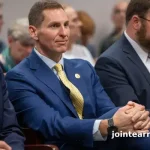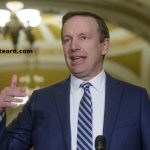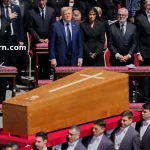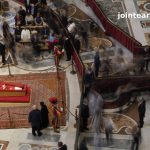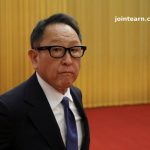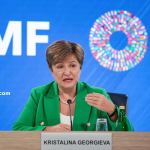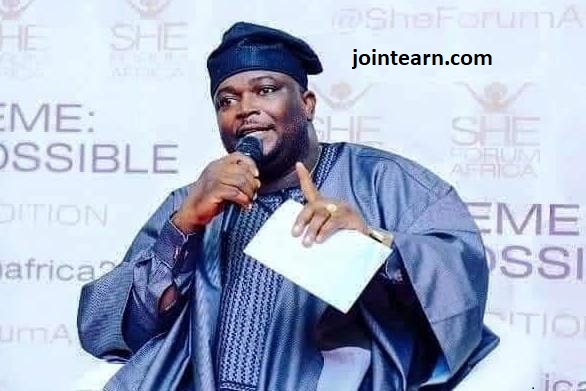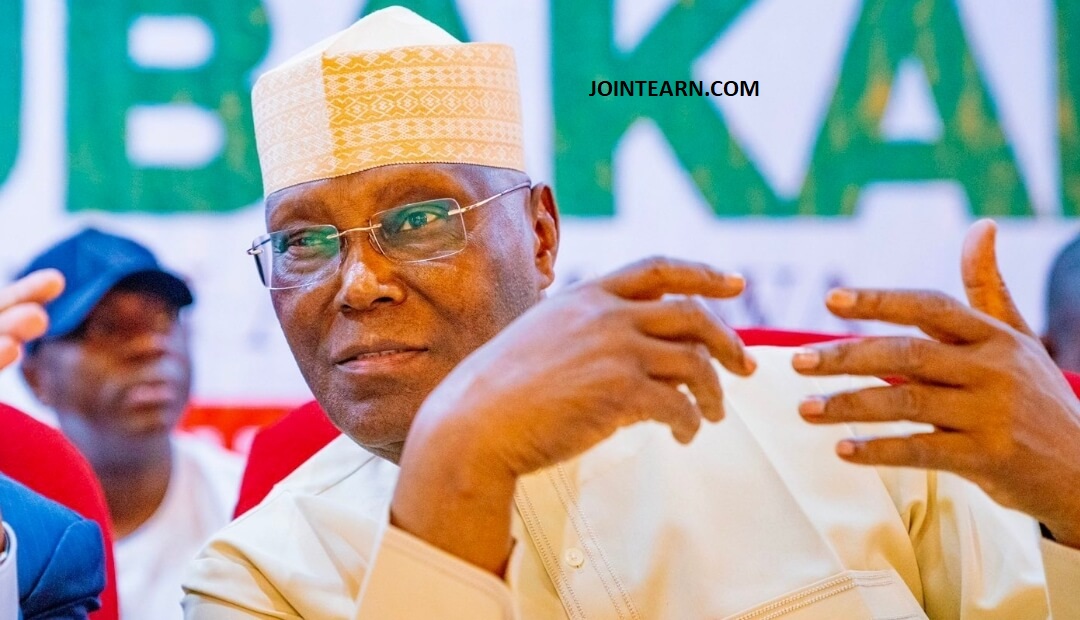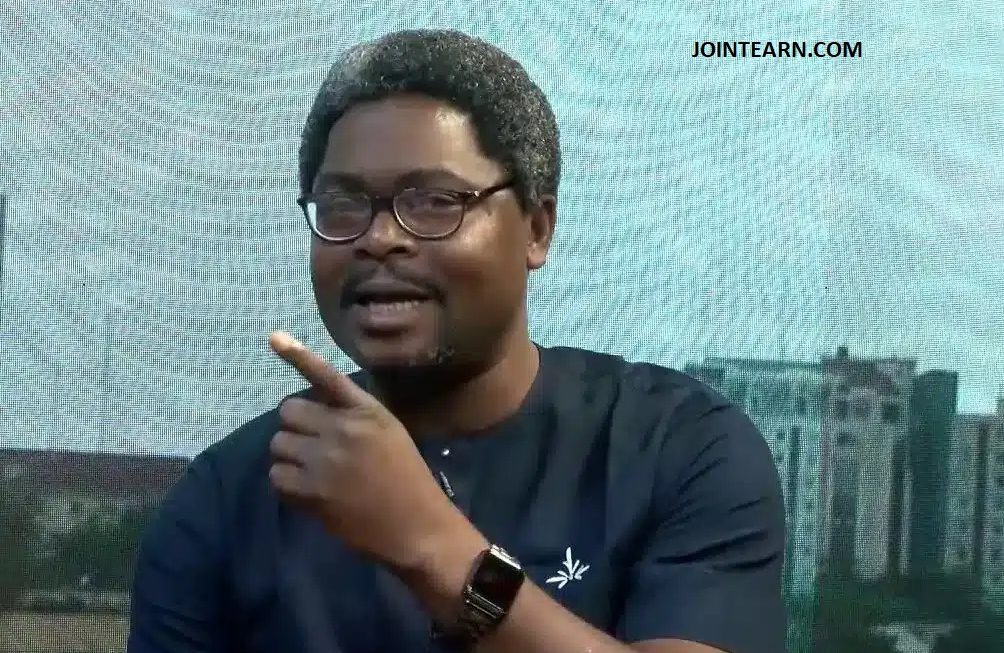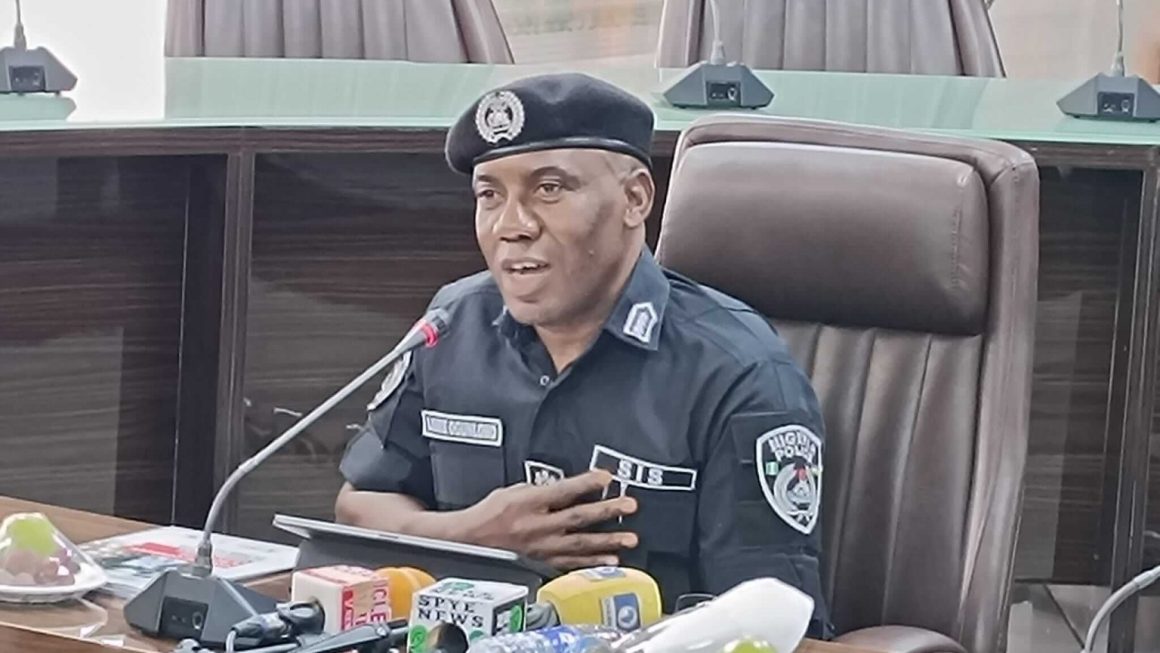The Coalition of United Political Parties (CUPP) has expressed confidence that Nigerians will hold their politicians accountable during the 2027 general elections, with former presidential candidate Peter Obi playing a significant role in the nation’s political landscape.
In a statement issued after a meeting of the opposition coalition, CUPP spokesperson Ikenga Imo Ugochinyere emphasized that the country’s citizens are now more politically aware than ever before, and will not hesitate to vote out leaders they believe have failed to deliver on their promises. Ugochinyere’s comments came in the wake of continued frustration with the current administration, which many Nigerians feel has fallen short of its campaign pledges.
“We are confident that in 2027, Nigerians will send a clear message to the ruling elite that they will no longer accept poor governance, corruption, and underdevelopment,” Ugochinyere stated. “The lessons of the 2023 elections are fresh in the minds of the electorate. Nigerians have woken up, and they will not be fooled again.”
CUPP, which represents a broad coalition of political parties, has expressed support for Peter Obi, the presidential candidate of the Labour Party in the 2023 elections. Despite the outcome of the election, in which Obi was narrowly defeated, his campaign for a new political era resonated with millions of Nigerians, particularly the youth. His calls for transparency, accountability, and an end to the longstanding political elite’s stranglehold on power have led many to believe that the 2027 elections will see a more vibrant political contest.
The Rise of Peter Obi and His Movement
Peter Obi’s political journey has garnered significant attention since he entered the presidential race. His message of change and hope, grounded in his track record as a former governor of Anambra State, resonated with many Nigerians who were tired of the status quo. Obi’s advocacy for fiscal discipline, anti-corruption measures, and the empowerment of Nigeria’s youth gained him a large and passionate following.
Although Obi did not secure the presidency in 2023, his influence has not waned. He remains a central figure in the political discourse, and many believe that his vision for a better Nigeria will be at the heart of the 2027 elections. His popularity, especially among young voters, is seen as a testament to the growing demand for a shift in the country’s leadership.
“The support for Peter Obi and his movement is not a passing phase,” Ugochinyere continued. “It is part of a wider desire among Nigerians for a complete overhaul of how politics is conducted in this country. The youth have shown their strength and power in 2023, and they will continue to push for the kind of leadership that can transform the country. Peter Obi has ignited that fire, and it is up to the political class to heed the call for change.”
The Road to 2027: A Battle for the Soul of Nigeria
The 2027 elections are shaping up to be one of the most anticipated and pivotal moments in Nigeria’s history. With the country’s current leadership facing increasing criticism over issues such as insecurity, economic instability, and widespread corruption, many Nigerians are ready to explore new political options.
CUPP’s comments echo the growing sentiment that the electorate is ready to take bold steps to ensure that their voices are heard. The 2023 elections may have been marred by controversies, including allegations of electoral fraud and manipulation, but many believe the experience has only served to strengthen the resolve of Nigerian voters.
“We are already seeing a political awakening in the country,” said Ugochinyere. “People are demanding better governance. The 2023 elections were a turning point, and the next elections will build on that. It’s clear that Nigerians will no longer tolerate poor leadership.”
The Role of Opposition Parties in 2027
In addition to supporting Obi, CUPP is also focused on strengthening the opposition parties in preparation for 2027. The coalition has called for unity among the opposition groups to present a viable alternative to the ruling party. CUPP leaders have emphasized the importance of strategic planning and building a broad-based coalition that can challenge the dominance of the current administration.
“There must be unity among the opposition,” Ugochinyere said. “Only through collaboration can we present a credible and formidable alternative to the ruling party. Nigerians deserve a government that represents their interests, not just the interests of a few elites. The opposition must work together to make that a reality.”
Obi’s Labour Party, along with other opposition parties, is expected to play a crucial role in shaping the political discourse in the years leading up to the 2027 elections. The success of these parties will depend on their ability to form alliances, engage the electorate, and offer a clear and compelling vision for Nigeria’s future.
Nigerians’ Growing Demand for Accountability
At the heart of the conversation is the growing demand for political accountability. Nigerians are increasingly dissatisfied with the failure of politicians to address issues such as poverty, unemployment, and insecurity. CUPP believes that this frustration will drive voter turnout and result in a powerful repudiation of the political establishment.
“The next elections will be a referendum on the state of the nation,” Ugochinyere said. “Nigerians are tired of empty promises and broken systems. They want to see real change, and they will use their votes to demand it.”
As the 2027 elections approach, the political landscape in Nigeria is set to undergo significant changes. With political movements like Obi’s gaining momentum and opposition parties strengthening their resolve, the stage is being set for what could be a watershed moment in Nigeria’s democratic journey.
